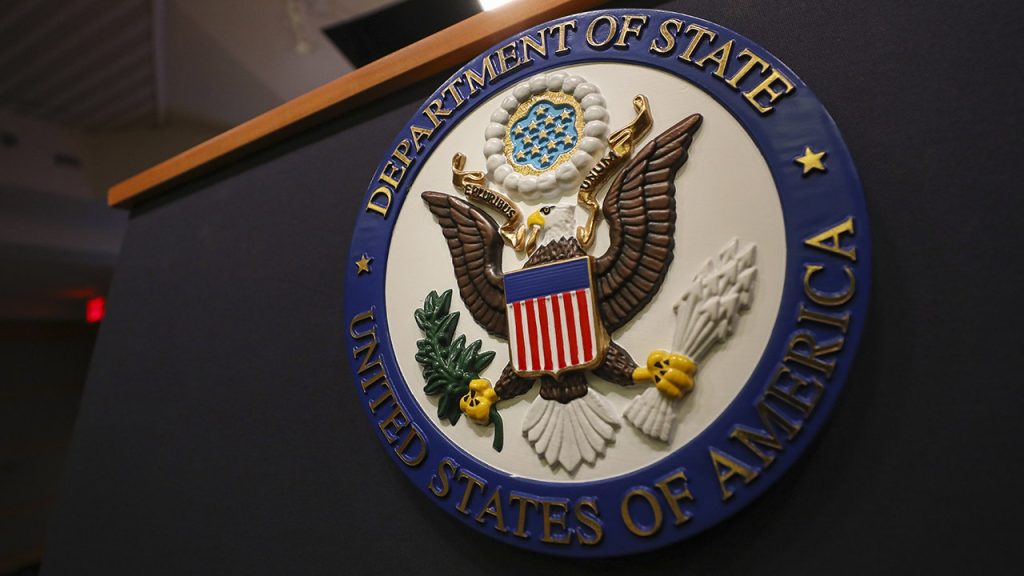The U.S. State Department has been seemingly contradictory in its statements regarding whether Israel is held to a different moral standard than Hamas in the ongoing conflict in the Middle East. Secretary of State Antony Blinken stated that there is no “double standard” in expectations for either side, applying the same standard to everyone when it comes to human rights violations. However, Ambassador David Satterfield claimed that Israel is expected to adhere to a different standard of behavior due to it being the right and moral thing to do. The State Department’s Country Reports on Human Rights Practices highlighted concerns about Israel’s precautions to minimize civilian casualties among Palestinians at the beginning of the report, underlining the importance of following international law and protecting civilians.
A different standard of conduct is required from Israel in the conflict according to Ambassador Satterfield, who emphasized the moral obligations and values that Israel must uphold as a democracy. The State Department’s report addressed concerns about civilian deaths, humanitarian aid access, civilian displacement, and journalist deaths in Gaza during the conflict. Israel’s actions were brought to the forefront of the report before discussing human rights abuses in other countries such as Iran and the treatment of women and girls by the Taliban in Afghanistan. The U.S. government has repeatedly raised concerns about Israeli actions in Gaza and emphasized the urgent need for Israel to take every feasible precaution to protect civilians in accordance with international law.
Despite Secretary Blinken’s assertion that there is no double standard in expectations for Israel, the State Department’s actions and statements suggest otherwise. By highlighting concerns about Israel’s conduct in the conflict at the beginning of the human rights report, the U.S. government appears to hold Israel to a different moral standard than Hamas. Ambassador Satterfield reiterated the importance of Israel following not only strategic imperatives but also moral imperatives in its actions. The contradictions in statements from different officials within the State Department may contribute to confusion and ambiguity regarding the U.S. government’s stance on the conflict in the Middle East.
The emphasis on Israel’s actions in the State Department’s human rights report raises questions about the consistency and fairness of the U.S. government’s approach to conflicts in the region. While Secretary Blinken emphasized the importance of applying the same standard to everyone when it comes to human rights violations, Ambassador Satterfield’s comments suggest that Israel is expected to adhere to a higher standard due to its status as a democracy. The conflicting statements from officials within the State Department may indicate a lack of clarity or consensus on how to address the ongoing conflict in the Middle East, leading to mixed messages and potential inconsistencies in U.S. foreign policy.
The inclusion of Israel’s conduct in the conflict at the beginning of the Country Reports on Human Rights Practices highlights the significance that the U.S. government places on Israel’s actions in the region. By prioritizing concerns about civilian casualties, humanitarian aid access, and journalist deaths in Gaza, the U.S. government signals its commitment to holding Israel accountable for its actions. The spotlight on Israel’s behavior before addressing human rights abuses in other countries suggests a heightened focus on Israel’s conduct and the moral obligations that the U.S. government believes Israel should uphold. These actions may reflect a shift in the U.S. government’s approach to the conflict in the Middle East and the importance of ensuring accountability and respect for human rights in the region.


